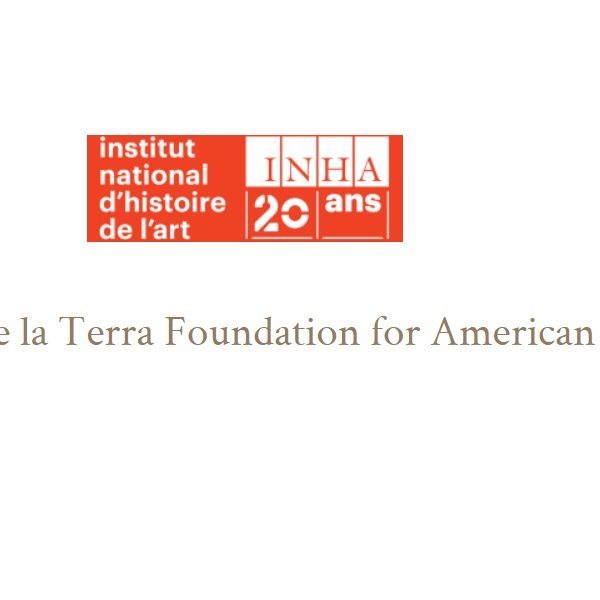
Deadline: 11 February 2019
Open to: applicants with a minimum of five years’ journalistic experience, or in rare cases demonstrate the equivalent level of expertise.
Benefits: Fellowships are fully-funded and cover living costs and accommodation
Description
The Reuters Institute, based at the University of Oxford, offers a limited number of Journalist Fellowships each year. The fully-funded Fellowships are aimed at practising journalists from all over the world, to enable them to research a topic of their choice, related to their work and the broader media industry, before returning to newsrooms. The Fellowships offer an opportunity to network with a global group of journalists, spend time away from the daily pressure of deadlines, and examine the key issues facing the industry, with input from leading experts and practitioners. Fellowships last one, two or three terms.
Academic development
You will work with an experienced supervisor, usually an Oxford academic or senior practitioner, to produce a research paper which will be published and promoted by the Reuters Institute. You will also benefit from the extensive learning facilities offered by the University of Oxford, including the world-famous Bodleian Library, and access to various seminars and lectures across the university. You are also encouraged to engage with the university’s cutting edge specialist research facilities, including centres for African, Middle Eastern, South Asian, Eastern and Western European, Japanese and Chinese studies. During your Fellowship you will have visiting scholar status of Green Templeton College allowing you to use their facilities.
Industry insights
You will attend seminars given by a diverse and high-level range of guest speakers who will share their insights into key industry trends and developments. You will also visit world-class news organisations and gain insights into how they are approaching industry challenges. Previous visits have included trips to Thomson Reuters, the Financial Times, the BBC, the Economist and the Guardian.
Knowledge and cultural exchange
You will exchange ideas and experiences with a diverse and international peer group. Around 25 Fellows a year join us from high-level media organisations all over the world offering you a chance to strengthen your network, develop a global set of contacts and gain insights into international trends and developments. You will visit key cultural and political organisations and institutions across the UK. Previous destinations have included Oxfam, the House of Commons and the Royal Shakespeare Company at Stratford-upon-Avon.
Eligibility
To be considered for a Fellowship you must have a minimum of five years’ journalistic experience, or in rare cases demonstrate the equivalent level of expertise.
You will be able to write at a publishable level of English, allowing you to participate in the fellowship and produce papers when necessary. If English is not your first language, please present suitable evidence (this is an original certificate no more than two years old and issued by the relevant body) that you are at a suitable standard. More information on the university’s English language requirements.
Benefits
Most Journalist Fellowships are fully-funded and cover living costs and accommodation. There are some opportunities for self-funded candidates. Some Fellowships are open only to candidates who are employees of the sponsoring organisation.
Check available fellowship funding here.
How to apply?
To apply, you will need to submit the following documents and information using their online application form (below):
- A full curriculum vitae/resume
- A personal statement outlining i) your journalistic values, ii) the major trends in the media landscape in which you work, and iii) a summary of what you think you would contribute to the Fellowship programme (no more than 500 words in total).
- A statement of up to 1,000 words explaining your proposed research project
- A reference from your employer, supporting your application and granting leave of absence – if you are a freelance journalist, we will accept a professional reference from a colleague or higher education tutor
- A second professional reference (e.g. former employer)
- A sample of your work (please see specific requirements below)
- Evidence you have the required English language ability, if English is not your first language (an original certificate that is not more than two years old and issued by the responsible body) – please see more about the university’s language requirements
For further information, please visit the official webpage.


